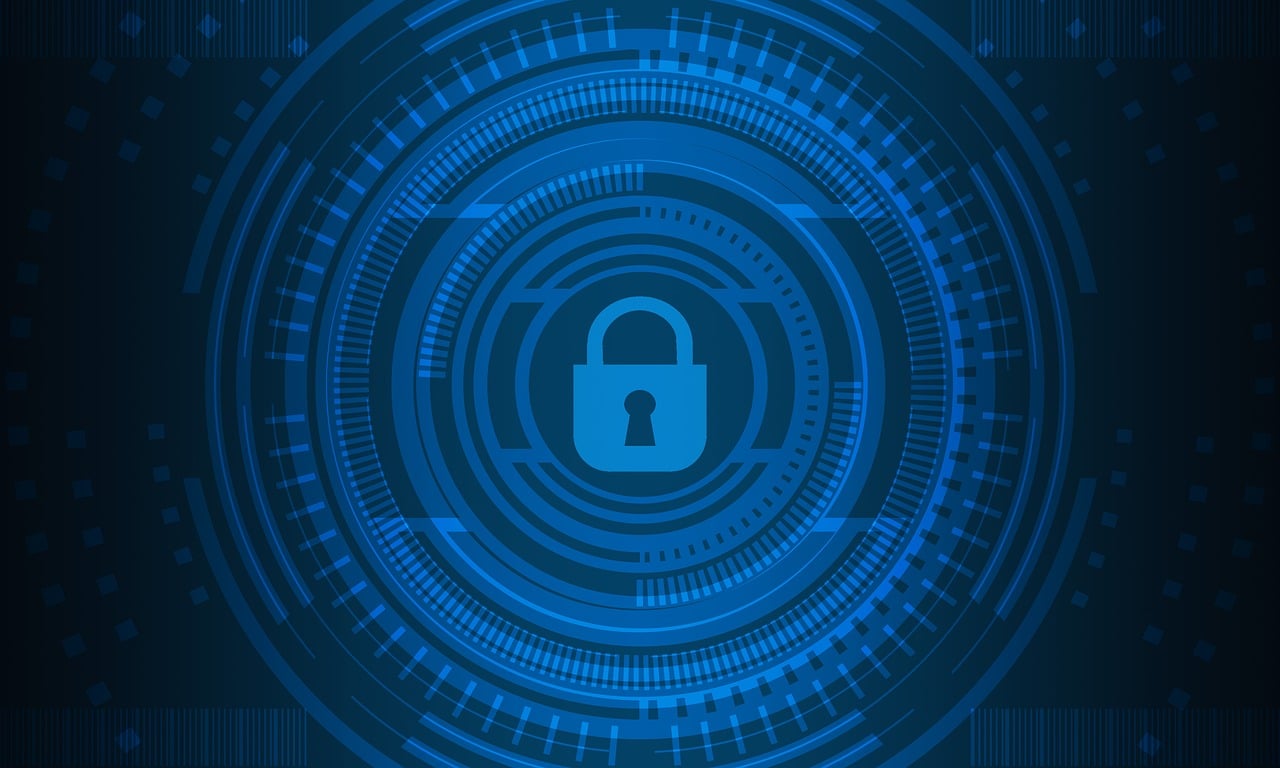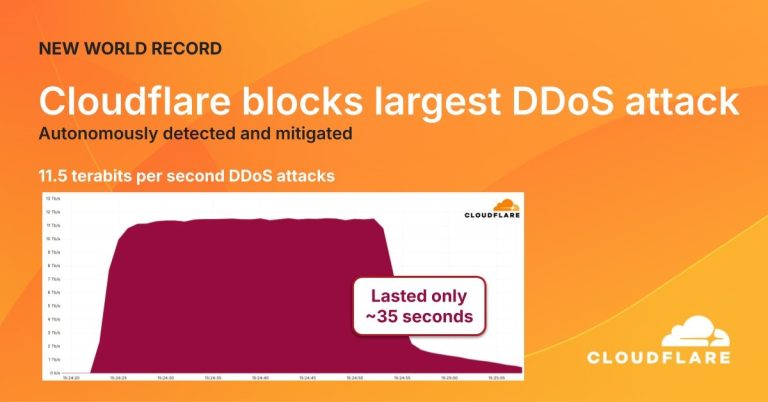
A California resident has found himself at the center of a high-profile criminal case involving ransomware extortion attacks. According to the U.S. Department of Justice, the defendant allegedly participated in the distribution of the Zeppelin ransomware between May 2018 and August 2022, targeting businesses and individuals worldwide, including victims in the United States. He now faces charges of conspiracy to commit computer fraud, computer fraud itself, and money laundering.
The man was arrested in September 2024 but was released on bail the very same day. Unlike most defendants in such cases, he continues to live freely in California while awaiting trial. This unusually lenient treatment has puzzled experts, as ransomware operators are typically deemed severe flight risks and kept in custody.
Authorities reported the seizure of more than $2.8 million in cryptocurrency, around $71,000 in cash, and two luxury cars purchased by the accused. Investigators discovered that he had used the email address china.helper@aol.com to communicate with victims and accept ransom payments. Accounts linked to him received over 100 Bitcoin, much of which was funneled through the anonymization service ChipMixer, which was shut down in 2023.
Investigators later traced the transactions back to the defendant and his former wife, identified in documents as a co-conspirator in money laundering. Her iCloud account contained recovery phrases for crypto wallets and photographs of large amounts of cash.
Additional evidence included images of bundles of currency stored in a Louis Vuitton bag, as well as a Lexus LX 570 and BMW X6M seized from a garage in Irvine, California—both purchased in cash. His social media accounts showcased pictures of these cars and other displays of his extravagant lifestyle.
What has shocked observers most is that despite three documented violations of bail conditions—including arrests for driving under the influence and being found in public heavily intoxicated by drugs and alcohol—the defendant still remains free. In one instance, he was hospitalized after striking his head against a police car window while under the influence. On another occasion, he was discovered unconscious on a highway median.
The court responded only by tightening supervision, imposing a ban on alcohol consumption and requiring regular testing. Even after he admitted to further substance abuse, his release terms were not revoked. Experts suggest such leniency is plausible only if the defendant is cooperating with investigators.
Some analysts speculate that he may have provided critical intelligence on other figures involved in the Zeppelin operation, possibly even higher-ranking members. His freedom is restricted only by the surrender of his passport, mandatory electronic monitoring, and a ban on visiting diplomatic facilities. Notably, he has not been barred from using computers or the internet—an unusual allowance in cybercrime cases.
In contrast, most defendants facing similar charges have been held in custody until trial. Prosecutors justified this exceptional case by emphasizing that the violations concerned his personal conduct rather than new cybercrime activity.
The FBI and DOJ have compiled more than 7 terabytes of evidence against him, including victims’ personal data, banking details, and ransom demands. According to CISA, at least 138 organizations in the United States were affected by Zeppelin, spanning healthcare, defense, manufacturing, and education sectors.
The trial is set to proceed in the U.S. District Court for the Northern District of Texas, with hearings scheduled for February 2026. Until then, the defendant remains under supervision but at liberty—a case many experts view as exceptional and contrary to established practice in handling accused cybercriminals.




